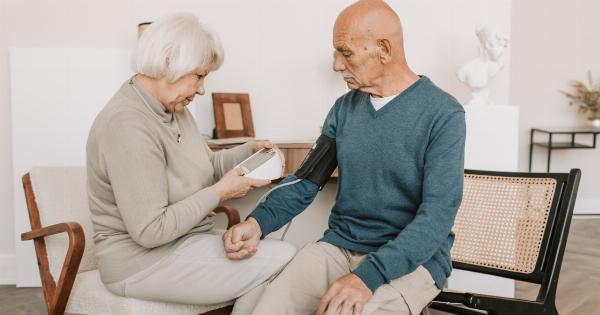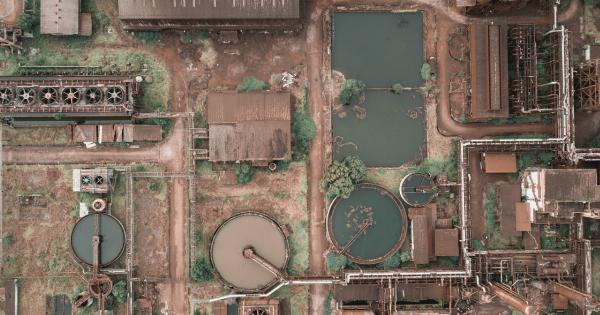Low blood pressure, also known as hypotension, is a medical condition where the blood pressure reading is below 90/60 mmHg. It is considered a medical condition if it begins to show some symptoms of affecting everyday life.
Hypotension occurs when the blood vessels are not being tightened enough, leading to the contraction of the heart to push less forcefully. In such cases, the organs in the body do not receive enough blood, leading to several complications. In this article, we will discuss the causes, symptoms, and treatment of low blood pressure.
Causes of Low Blood Pressure
The causes of low blood pressure include underlying health conditions, medication, dehydration, and lifestyle behaviors. Here’s a closer look at each:.
Underlying Health Conditions
Several underlying health conditions can cause hypotension, such as:.
- Heart problems, such as bradycardia
- Endocrine issues, such as diabetes, hypothyroidism, or hypoglycemia
- Anemia, which can cause low iron levels in the body
- Allergic reactions leading to anaphylaxis, where the body goes into shock.
- Septicemia, which arises when an infection that’s already present in the body spreads through the bloodstream.
Medications
Several medications can lead to hypotension. Here are some that you should be aware of:.
- Blood pressure-lowering drugs
- Diuretics
- Antidepressants
- Narcotic pain relievers
- Alcohol can also cause hypotension
Dehydration
Dehydration happens when the body loses fluid without replacing it. It is quite common, and its symptoms can be easily treated by increasing fluid intake. Nevertheless, dehydration can lead to hypotension and dizziness in severe cases.
Lifestyle Behaviors
Several lifestyle behaviors can lead to hypotension. Here are some of those:.
- Poor diet
- Sedentary lifestyle
- Excessive exercise without proper recovery time
Symptoms of Low Blood Pressure
The symptoms of low blood pressure include:.
- Dizziness or lightheadedness
- Fainting
- Blurry vision
- Nausea or vomiting
- Fatigue or weakness
The symptoms might vary from person to person and can trigger only when you stand up, sit down, or change your posture. Additionally, hypotension can lead to shock, which is a life-threatening condition that requires emergency medical intervention.
Treatment of Low Blood Pressure
The treatment of low blood pressure depends on the underlying conditions and symptoms. Here’s a closer look at some of the general treatment options:.
Underlying Health Conditions
The treatment of underlying health conditions depends solely on the diagnosis of your doctor. They will provide a treatment plan depending on your health conditions, which can alleviate your hypotension.
In some cases, lifestyle changes might also be recommended.
Medications
Several medications can provide relief for hypotension. If you are experiencing medication-induced hypotension, you should minimize the usage or stop the consumption altogether, keeping the doctor in the loop. Treatment options include:.
- Intravenous fluids or saltwater to increase blood volume
- Medications to treat blood pressure, e.g., fludrocortisone, midodrine
- Wearing support stockings to help maintain blood pressure
Dehydration
If dehydration is causing your hypotension, you will be asked to increase your water intake. Unless you have severe dehydration symptoms, increasing water intake alone can greatly help alleviate any hypotension symptoms.
Lifestyle Changes
If your hypotension is due to your sedentary lifestyle or poor diet, practicing healthy lifestyle changes can help alleviate symptoms. Some commonly suggested lifestyle changes are:.
- Exercising regularly or daily walks
- Having a balanced diet that includes whole fruit, vegetables, whole grains, and lean protein
- Avoiding alcohol or consuming it in moderation
The Bottom Line
Low blood pressure can have several causes that can range from underlying health conditions to lifestyle behaviors. Managing your hypotension depends on your diagnosis and customized treatment plan, along with easy-to-do lifestyle changes.
Recognizing its symptoms and taking immediate action can prevent complications and ensure a healthy life.





























